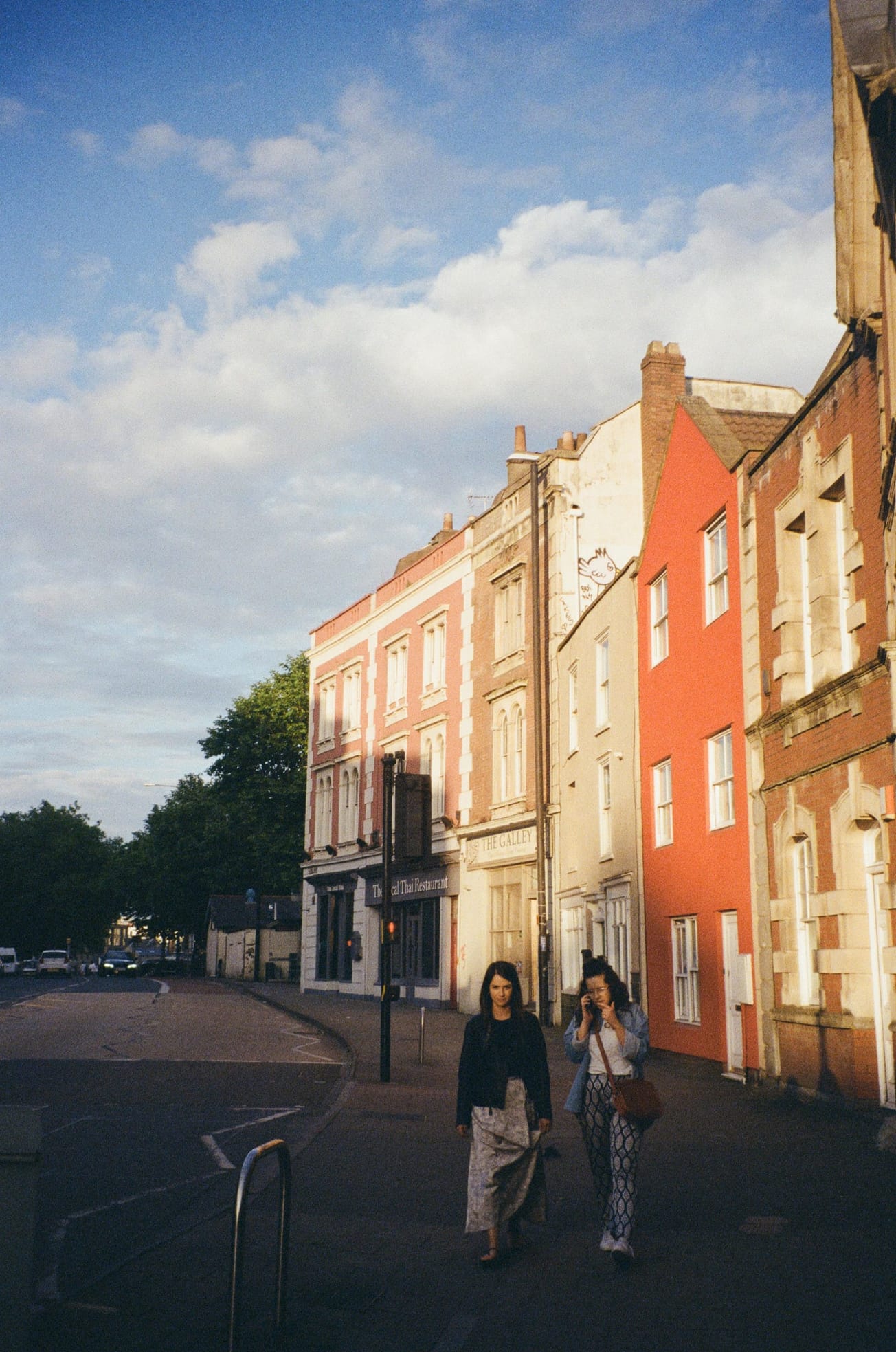Kitty Lawton, Second Year, English
On 19 July, nightclubs opened their doors to young people for the first time since March 2020. This was a night that for most students, having been denied the proper university experience for over a year, felt long overdue.
But alas, as I stood there in the overcrowded queue to Thekla I still doubted, “Should we be doing this?”
The Coronavirus pandemic is not over. In the UK, over 200,000 people are currently testing positive for the disease each week, according to government reports.
Additionally, on the date of opening night, a whopping 84 per cent of people aged 18 to 24 were yet to be double-vaccinated. Therefore, the age demographic most likely to hit the clubs was (and still is) highly susceptible to catching the virus.
These figures are hardly boogie-worthy. For these reasons alone, it is no wonder that many students are experiencing a sense of unease regarding the return to normality after 18 months predominantly spent at a two-metre distance from our peers.
Not only does it feel immoral and unethical to attend an event that you know will probably contribute to the spread of the virus, but there is also the worry of long-Covid, a lasting condition that, to date, scientists know relatively little about.
The health risk is not the only deterrent
Particularly concerning symptoms of long-Covid are said to include chest pain, headaches and even mental health problems.
But the health risk is not the only deterrent. From a student’s perspective, a sudden change in routine and the return to social settings can feel just as terrifying as the existence of this health-threatening condition.
With university invariably considered a place for young people to grow in confidence and develop social skills, students reaching the end of their degree are likely to feel out of practice when it comes to socialising.
After so long living like hamsters in a cage, the prospect of being thrown back into the pressure cooker of the real world is certainly disconcerting.
Anxious students who now feel pressure to go clubbing are therefore faced with the triple threat of spreading the virus, impacting their health and feeling increasingly unable to socialise.
For many students, however, the opportunity to go clubbing again feels as much like a form of salvation as it does a major cause for anxiety.
Our generation's mental health has often taken a backseat in the minds of the government
Loneliness, frustration and sheer disappointment about recent university life are a mere few of the emotions which have circulated student minds since March last year.
Our generation’s mental health has often taken a backseat in the minds of both the government and universities over the course of this pandemic. Students were simply expected to continue thriving through their academic studies despite having little-to-no work-life balance.
The opportunity, therefore, to reengage in ‘normal’ student pastimes like clubbing might be vital for improving student mental health.
The reopening of clubs will provide an invalubale boost to some of our favourite student haunts in Bristol
But, of course, this would not be possible without the existence of these businesses, one in eight of which have already been forced to shut down permanently in the UK since the onset of the pandemic.
While clubs in Bristol with outdoor spaces were able to continue welcoming customers to their open-air events, such as the beer garden at Lakota, some nightclubs have been even more limited.
Lizard Lounge, for example, hosted their ‘Lizard Lounge Experience’ virtual party for Halloween last year in a creative attempt to raise funds and maintain brand awareness during the pandemic.
The reopening of clubs will provide an invaluable boost to some of our favourite student haunts in Bristol, some of which may not otherwise survive.
There is still, however, a plethora of valid concerns to suggest that reopening nightclubs on 19 July was not the right decision.
Boris Johnson, having previously stated that ‘‘vaccine passports’’ would be an optional precaution for nightclubs to take, announced on opening night that from September proof of double vaccination will be mandatory before entering clubs.
This U-turn reveals possible regret from the government as well as an ultimate lack of consensus even amongst those in charge.
To think positively, however, nightclubs reopening is a boon for student mental health and local businesses. Time will tell whether the country regrets its decision but, for now, students needing to socialise should enjoy the freedom while they still can. But if you prefer hoodies to hot pants, don’t let social pressure drag you from your sofa.
Featured image: Antoine Julien
Do you think clubs should remain open? Let us know!





